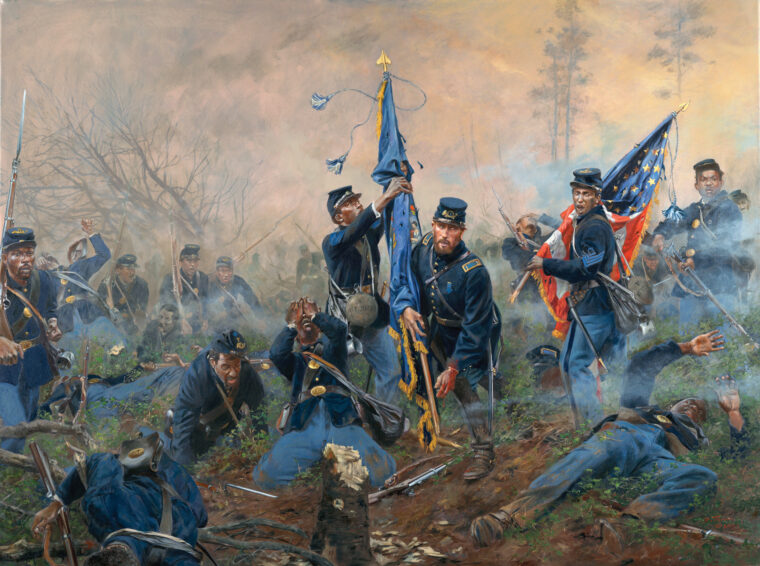
Fredericksburg
Battle of New Market Heights
By David NorrisReports of a massive enemy force crossing the James River to assail the paper-thin Confederate lines defending Richmond reached Lt. Read more

Fredericksburg
Reports of a massive enemy force crossing the James River to assail the paper-thin Confederate lines defending Richmond reached Lt. Read more
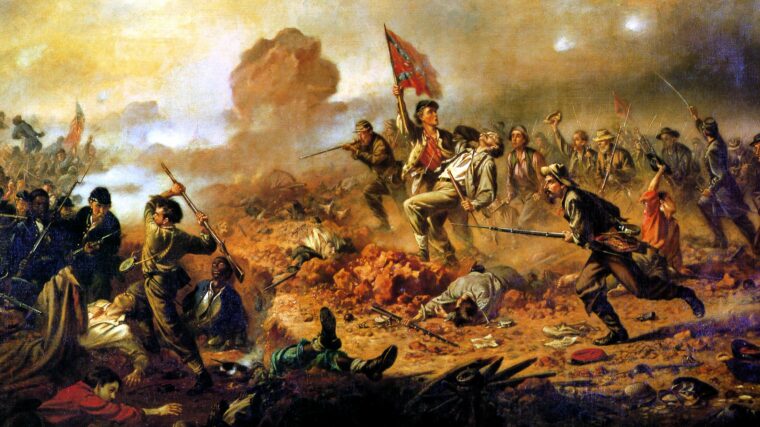
Fredericksburg
In the summer of 1864, after six weeks of virtually constant combat in the Wilderness area of northern Virginia, the Union and Confederate armies of Ulysses S. Read more
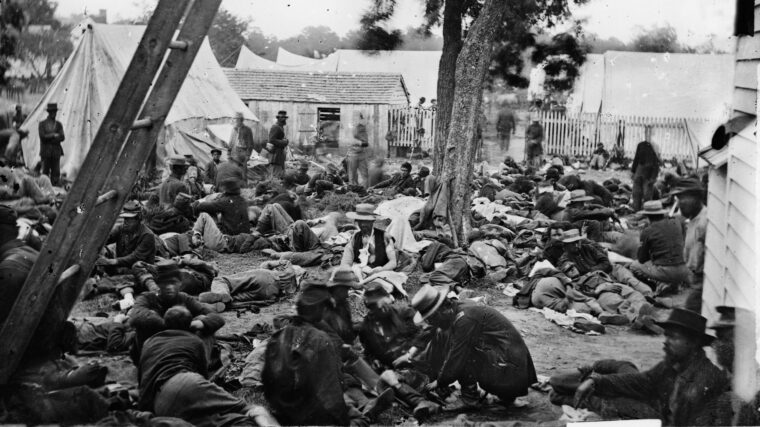
Fredericksburg
Safe behind its ocean barriers, the United States paid scant attention to the wars that raged abroad during the early 19th century, taking little notice of the lessons that might have been learned from the European experience with mass killing. Read more
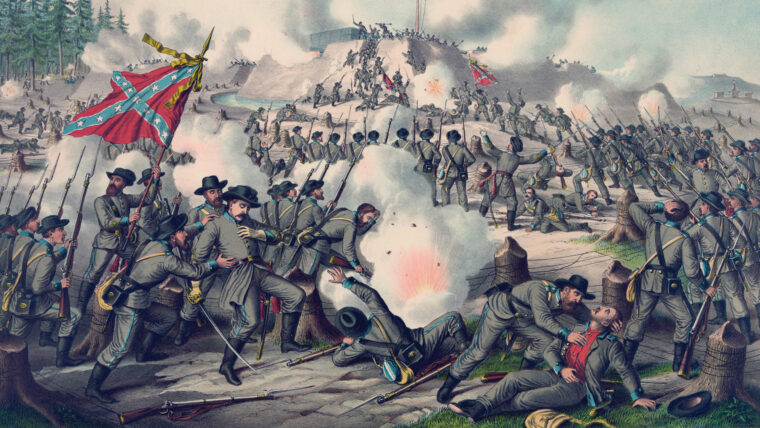
Fredericksburg
After the crushing Union defeat at the Battle of Fredericksburg on December 13, 1862, President Abraham Lincoln relieved Maj. Read more
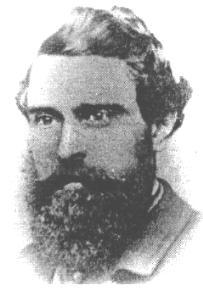
Fredericksburg
Colonel Patrick Kelly, who led the Irish Brigade into the Wheatfield on the second day of the Battle of Gettysburg, was born in Castle Hackett, County Galway, in 1821. Read more
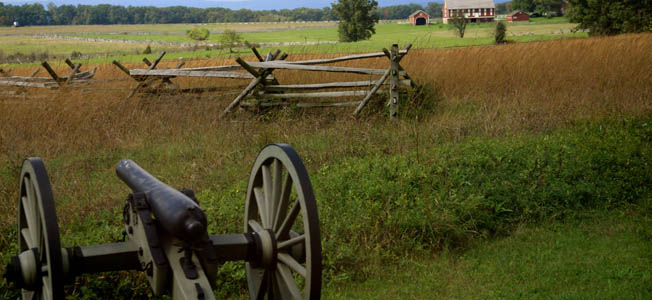
Fredericksburg
The occasion was, for the North, inauspicious. In the Battle of First Manassas, the Federals were routed, humiliated, and almost utterly crushed. Read more
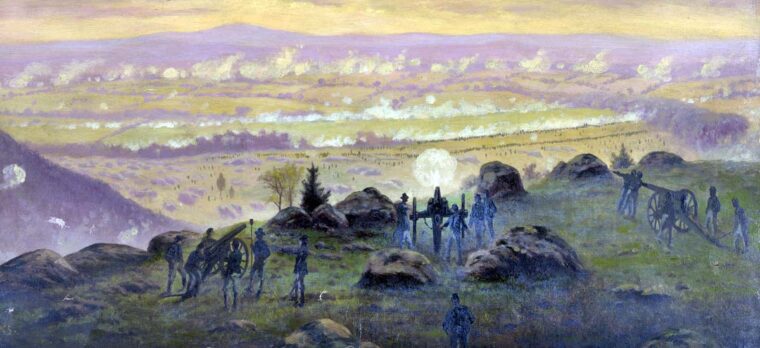
Fredericksburg
Ward’s Union Brigade faced some of the most formidable troops in General Robert E. Lee’s army on the afternoon of July 2. Read more
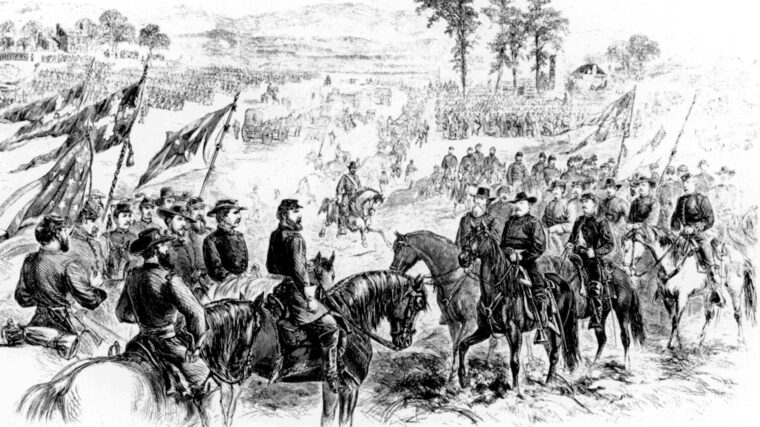
Fredericksburg
All day on July 4, 1863 the Union and Confederate armies stared at each other during the Battle of Gettysburg. Read more

Fredericksburg
No one expected this—not the fiercest “fire-eater” in South Carolina or the flintiest abolitionist in New England. Read more
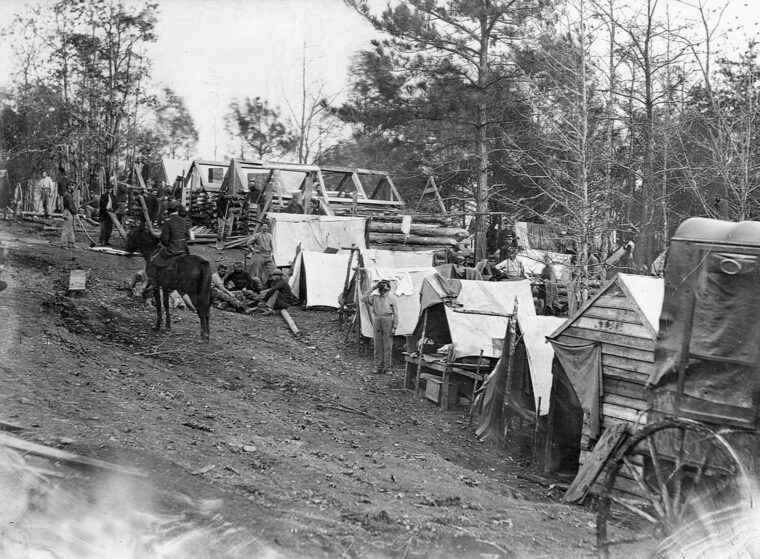
Fredericksburg
The first camps assembled by the Union Army of the Potomac were tent cities, thrown together hastily as new regiments arrived from the free states. Read more
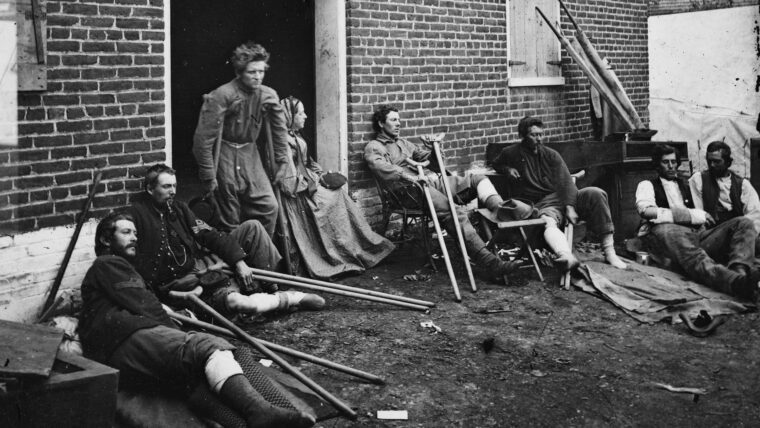
Fredericksburg
A slight knee wound brought the New Jersey boy to a Washington military hospital, but “his mind had suffered more than his body,” wrote volunteer nurse Louisa May Alcott. Read more
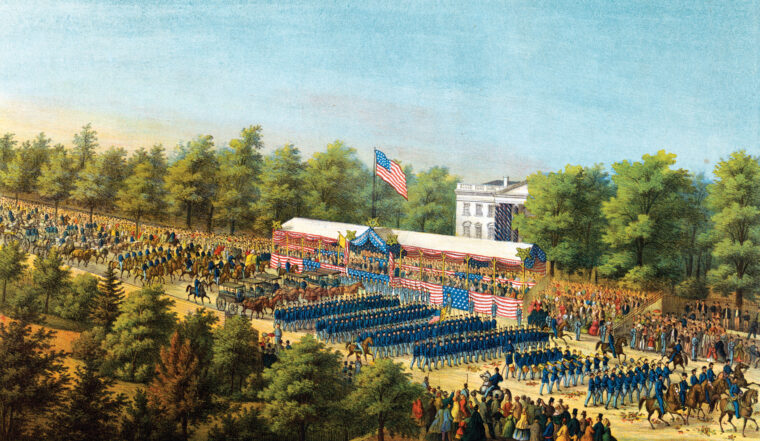
Fredericksburg
Robert E. Lee’s surrender at Appomattox, presaging the subsequent surrender of other Confederate forces in the West and the capture of Southern President Jefferson Davis a few weeks later, marked the triumphant end of the nation’s great sundering. Read more
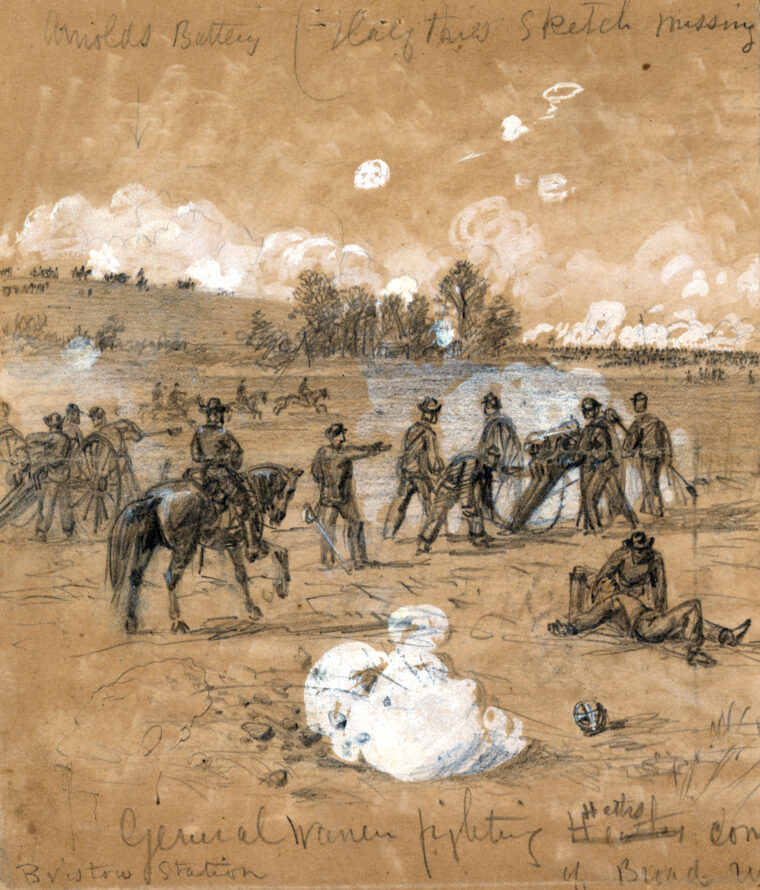
Fredericksburg
In late July 1863, after the conclusion of the Gettysburg campaign, the Union Army of the Potomac, under Maj. Read more
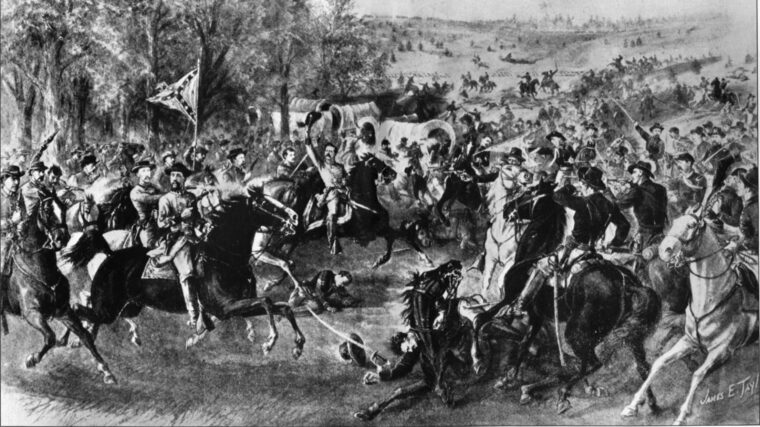
Fredericksburg
Despite costing the Union Army 55,000 men in five weeks of hard marching and grueling combat, Lt. Gen. Read more
Fredericksburg
Nothing in Ambrose Burnside’s pre-Civil War career indicated that he would be anything but a successful and energetic general. Read more
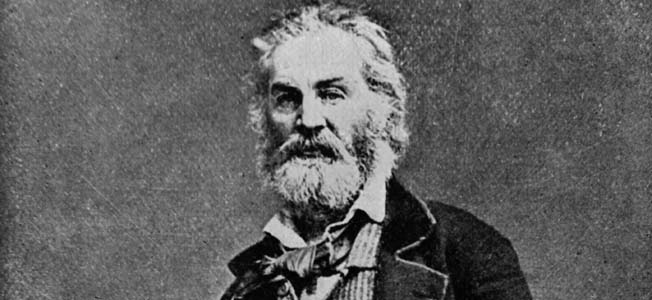
Fredericksburg
When the American Civil War broke out in 1861, the great American poet Walt Whitman was a man on the skids, personally and professionally. Read more
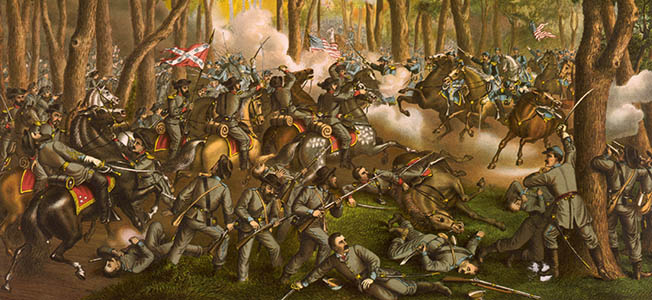
Fredericksburg
To the rebel pickets manning the trenches in the so-called Mule Shoe of the Confederate earthworks at the Battle of Spotsylvania Courthouse the sound of hundreds of tramping feet could be heard above the steady rain on the morning of May 12, 1864. Read more